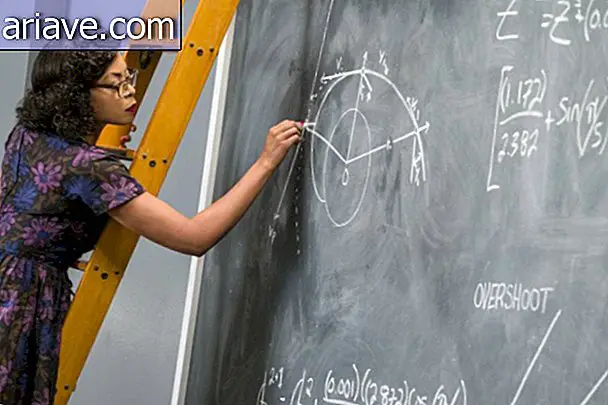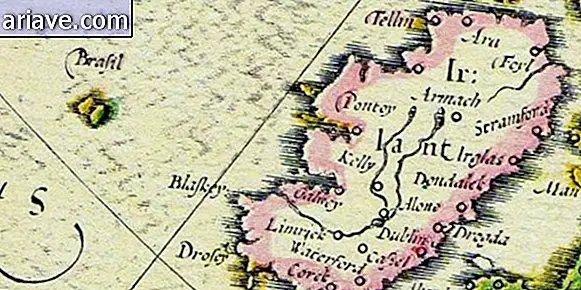Can Pluto be a planet again? Behold, the debate comes back to life!
Some of our readers entered school when Pluto was already card out of the deck, but many of us grew up learning that the Solar System had nine planets, and that the small one at the end was the ninth. And a good part did not accept very well this cut suffered by him.
Planet, dwarf planet ... the debate has just returned to the table. And what a debate!
For 76 years, people learned that there was a ninth heavenly body in the Solar System, and that it was very small, dark and freezing. Then, in 2006, the International Astronomical Union (IAU) created a new category into which Pluto fit right in, the so-called "dwarf planet", which made it something that is not quite a true planet.
Their idea is that a planet worth its title must correspond to three points:
- It has to revolve around the sun: OK! Pluto does it.
- It has to be big enough to become round by its own gravity: OK! Pluto is small but big enough to have been round by itself.
- It has to have cleared its orbit, leaving nothing in the way: Oops! Then came the problem ...
Pluto does not have enough gravitational power to consume smaller bodies or send them away; When you look at its neighboring orbit, called the Kuiper Belt, you can see that it is quite full. And that was the reason for his demotion.

In 2018, NASA researcher Alan Stern and scientist David Grinspoon released a book about a mission that flew over the renegade star in 2015 called "Chasing New Horizons: Inside the First Epic Mission to Pluto." And in May, The Washington Post published an article written by the two, entitled "Yes, Pluto is a planet." Short and direct statement!
For them, the idea of classifying a planet according to its orbit is absurd. An example given by scientists was that the earth, in its first 500 million years, was surrounded by wreckage; if we were to take this property seriously, our early world could not be considered a planet.
But the choice given by scientists that the best definition for a planet is geophysics - where it is basically a "round object in space smaller than a star" - also doesn't satisfy. After all, if it were to take this into consideration, even our friendly moon would be a planet, and that means, dear reader, that we would have many, but many here.

For astrophysicist Ethan Siegel, what happens with Pluto is that he was never exactly like the others. It was not rated right when it was discovered, and then in 2006 IAU tried to repair it in a not very appropriate way and made a mess.
This is a fierce discussion among astronomers about the small and controversial celestial body - and perhaps a hope for the nostalgic.
Will Pluto remain a dwarf planet? Will you be the ninth planet of the Solar System again? Or will the geophysical definition pick up, and will children learn that we have more than one hundred planets? What do you think?











